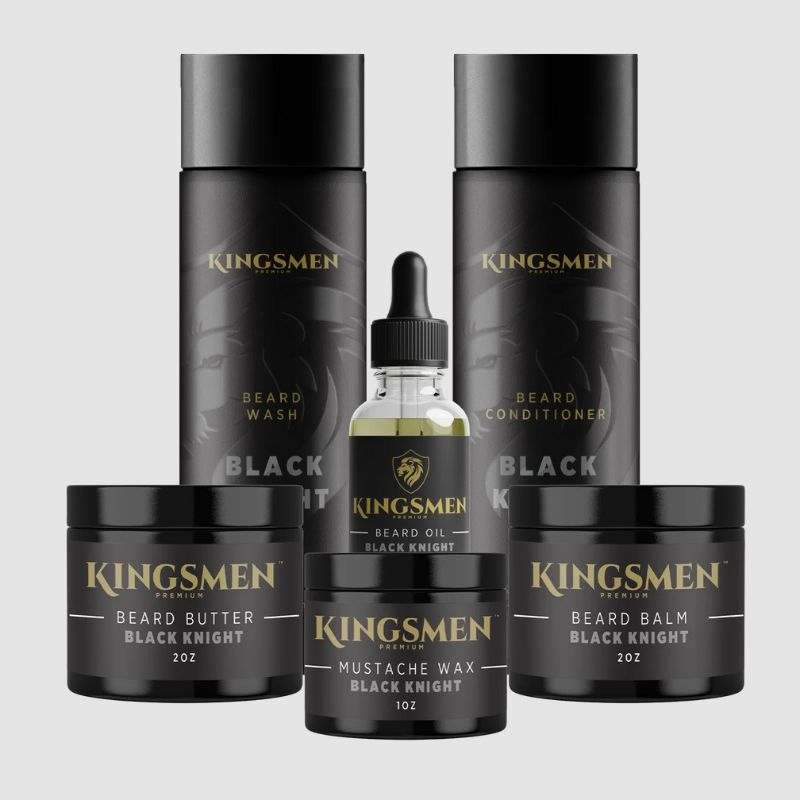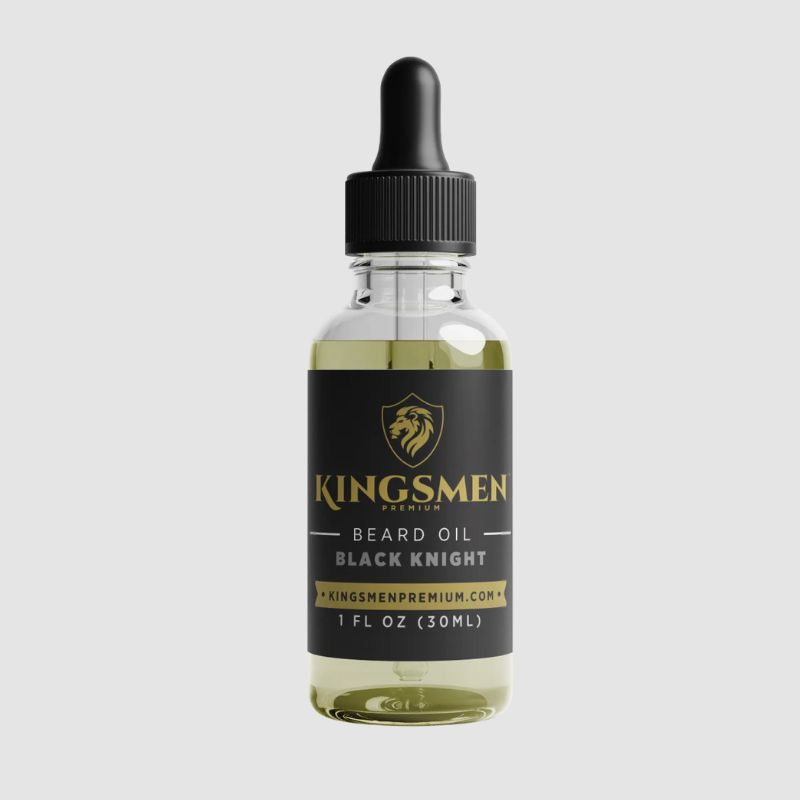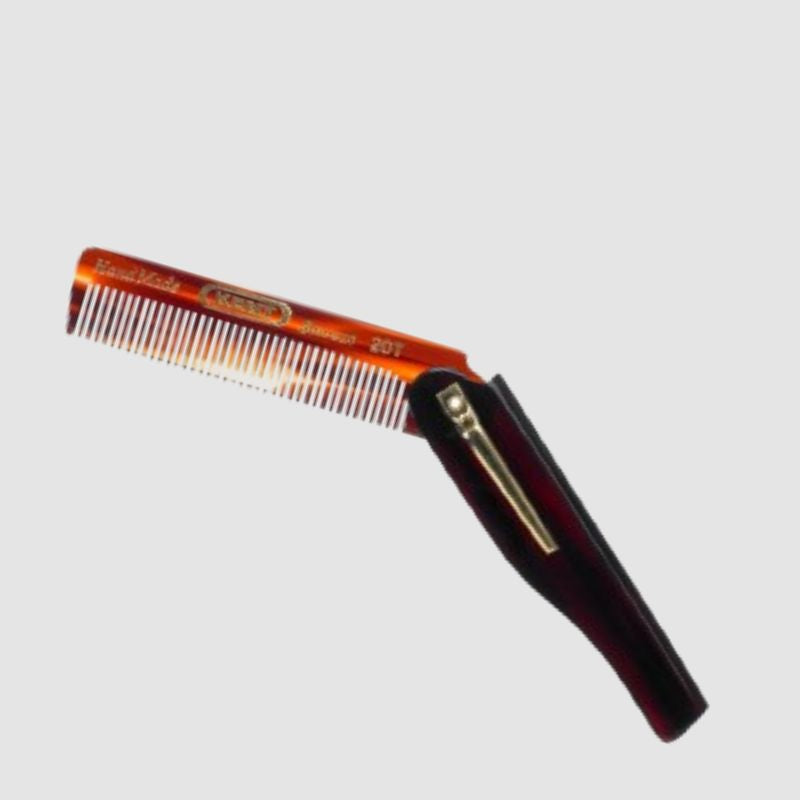Why can't firefighters have beards? separating myth from reality
Imagine a brave firefighter charging into a burning building, their trusty axe in hand... and a magnificent beard flowing in the smoky wind. Sounds heroic, right? Unfortunately, reality paints a different picture. Why can't these everyday heroes sport some facial fuzz? It's not just about appearances – it's about safety.
In this article, we're separating fact from fiction, and uncovering the real reasons behind the firefighter beard ban. We'll delve into:
- The science behind why beards and firefighting gear don't mix
- Common myths surrounding the beard ban
- The impact of facial hair on firefighter safety
- The evolution of beard regulations in the fire service
And hey, if you're sporting a beard yourself, we've got you covered. Kingsmen Premium offers a range of top-notch beard care products to keep your mane looking and feeling its best. Because even if you can't fight fires with a beard, you can definitely rock one with confidence.
The Science Behind the Beard Ban: It's All About the Seal
Firefighting gear isn't just about looking cool — it's a firefighter's lifeline in the face of extreme heat and danger. A crucial piece of this gear is the Self-Contained Breathing Apparatus (SCBA) mask , designed to provide clean, breathable air in smoke-filled environments. Now, imagine trying to create an airtight seal on your face with a thick beard in the way. Not so easy, right?
That's where the science comes in. Facial hair, even a neatly trimmed beard, can prevent the SCBA mask from forming a proper seal against the skin. This can lead to dangerous leaks, allowing smoke, toxic fumes, and even superheated air to seep into the mask.
- Compromised air supply: A leaky mask means firefighters aren't getting the full benefit of their air supply. This can lead to dizziness, disorientation, and even unconsciousness – a recipe for disaster in a burning building.
- Exposure to toxins: Smoke inhalation is a serious risk for firefighters, and a leaky mask increases this risk significantly. Exposure to harmful chemicals and particulate matter can have long-term health consequences.
But what about stubble? Even a short beard can compromise the seal, as any facial hair creates gaps that can allow contaminants to enter. That's why most fire departments have strict policies on facial hair, requiring firefighters to be clean-shaven or maintain only a neatly trimmed mustache that doesn't interfere with the mask.
It's not just about the SCBA: While the SCBA mask is the primary concern, beards can also interfere with other protective gear, like helmets and hoods. A loose fit can create gaps that allow heat and embers to reach the skin, causing burns and other injuries.
The beard ban in the fire service isn't about aesthetics or outdated rules – it's about protecting firefighters from serious harm. By ensuring a proper seal with their protective gear, firefighters can focus on their mission: saving lives and property.
Busting the Beard Ban Myths

While the science behind the beard ban is sound, there's no shortage of myths and misconceptions surrounding this policy. Let's tackle a few of the most common ones:
Myth 1: "Beards are just a matter of personal style."
Sure, a beard can be a fashion statement, but in the firefighting world, it's far more than that. It directly impacts a firefighter's ability to perform their duties safely and effectively. Remember, we're talking about life-or-death situations here, where every second counts.
Myth 2: "A well-trimmed beard is fine."
Unfortunately, even a short beard can compromise the seal of a respirator mask. It's not just about length; any facial hair creates gaps that can allow smoke and toxins to enter.
Myth 3: "Technology has advanced enough to accommodate beards."
While technology is constantly evolving, the reality is that no current SCBA mask can guarantee a perfect seal with facial hair. Firefighters rely on their equipment to protect them in hazardous environments, and any compromise to that protection is simply unacceptable.
Myth 4: "The beard ban is just an old-fashioned rule."
The beard ban isn't rooted in tradition; it's based on solid scientific evidence and a commitment to firefighter safety. As technology advances and new equipment becomes available, regulations may evolve, but the underlying principle remains the same: protecting those who protect us.
Myth 5: "Mustaches are okay, so why not beards?"
Mustaches are generally permitted as long as they don't interfere with the seal of the respirator mask. A well-trimmed mustache that sits above the lip line is typically acceptable, while beards, even short ones, pose a greater risk of leakage.
When it comes to firefighting, safety is paramount. The beard ban isn't about infringing on personal freedoms; it's about ensuring that firefighters have the best possible protection when facing the dangers of their job.
The Impact of Facial Hair on Firefighter Safety
Beards can be awesome. They can add style, personality, and even a sense of ruggedness. But when it comes to firefighting, they can also pose a serious risk. Here's how:
- Impaired communication: In high-stress situations, clear communication is essential. A mili-thick beard by itself usually doesn’t muffle sound much, but when combined with tight-fitting gear or mask straps, facial hair can slightly change how a mask sits or how radios and microphones contact the face. That can interfere with how clearly a firefighter’s voice is picked up and understood during critical operations.
- Increased risk of burns: Facial hair can trap heat and embers, increasing the risk of burns to the face and neck. In a fire, every second counts, and a beard can slow a firefighter’s reaction if it ignites or feels hot enough to be distracting.
- Psychological impact: While it may seem small, worrying about a mask seal or the fear of facial burns can create unnecessary stress and distraction for a firefighter who needs to stay focused.
It's not just about individual safety either. A firefighter's compromised ability to perform their duties can put their entire team at risk. A leaky mask or a communication breakdown can have devastating consequences, not only for the firefighter but for everyone involved in the emergency response.
So, Why Can't Firefighters Have Beards? It's Simple, Really.
Safety first. While beards might be stylish, they simply don't mix with the demands of firefighting. From compromising mask seals to hindering communication, facial hair can create unnecessary risks in high-stakes situations.
Key takeaways
- A proper seal on firefighting gear is crucial for protecting against smoke and toxins.
- Even a short beard can compromise this seal, putting firefighters at risk.
- The beard ban isn't about looks – it's about prioritizing safety and effectiveness.
While your beard might not be able to battle blazes, it can still make a difference. Kingsmen Premium for your beard care needs , and you'll not only look and feel your best but also support a fantastic cause.
A portion of every purchase goes to Make-A-Wish Southern Florida, helping to grant wishes for children with critical illnesses. So, rock that beard with pride, knowing it's contributing to something truly special.
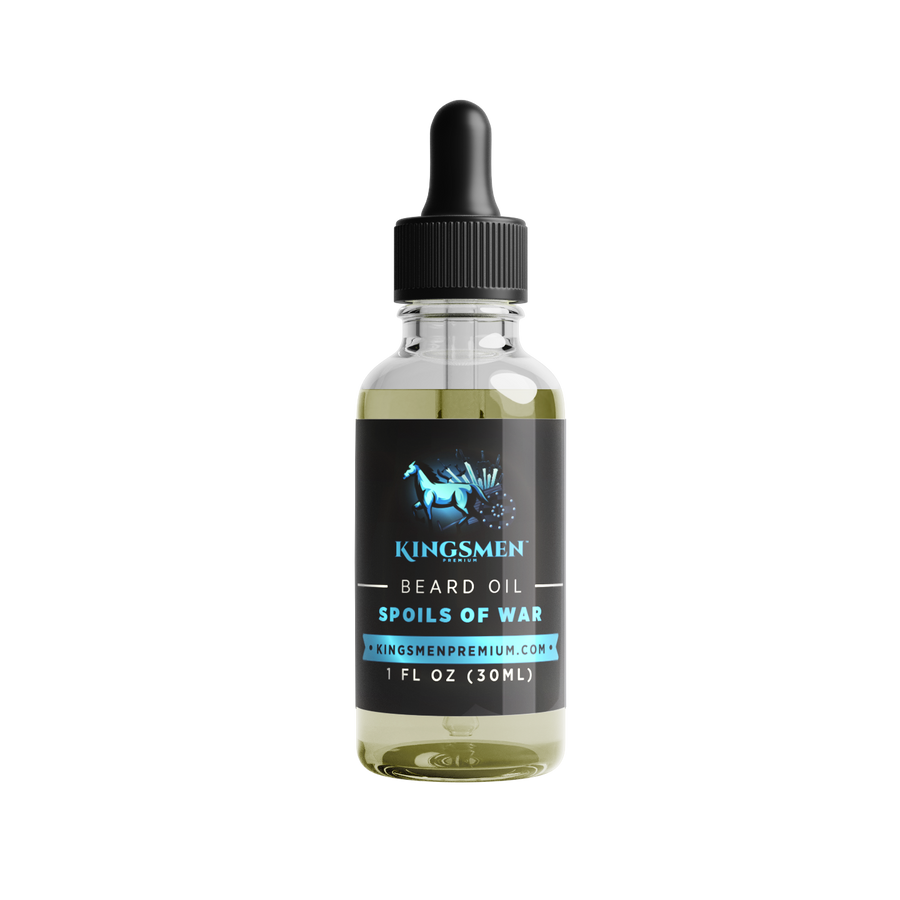
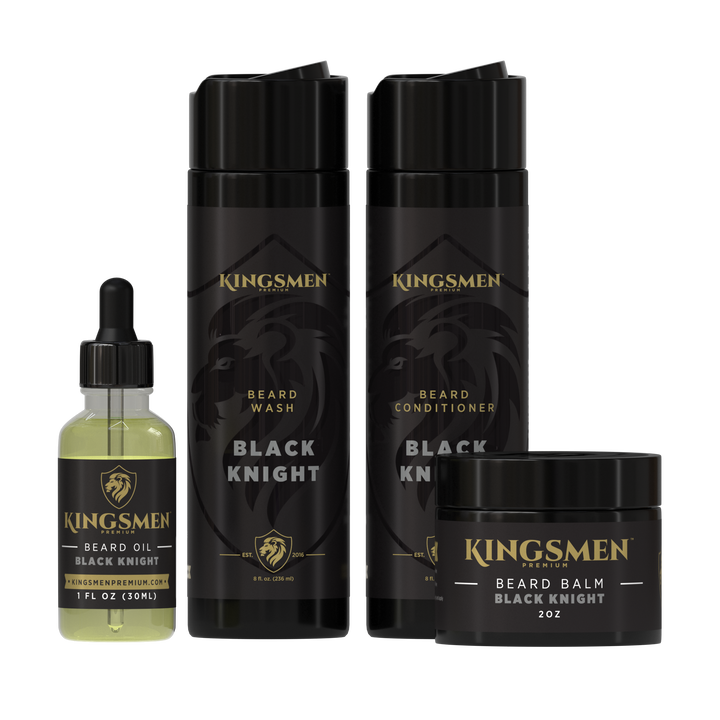
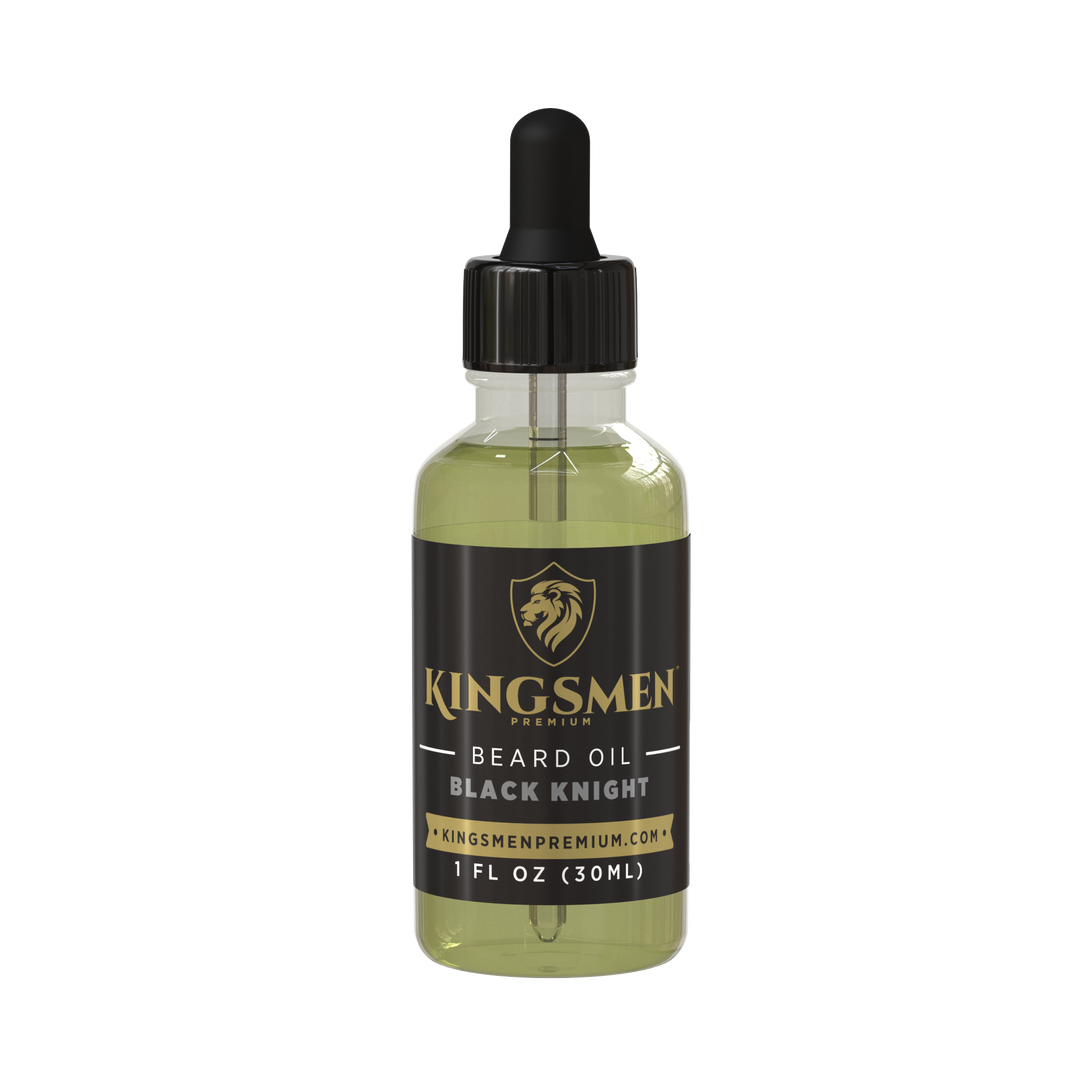
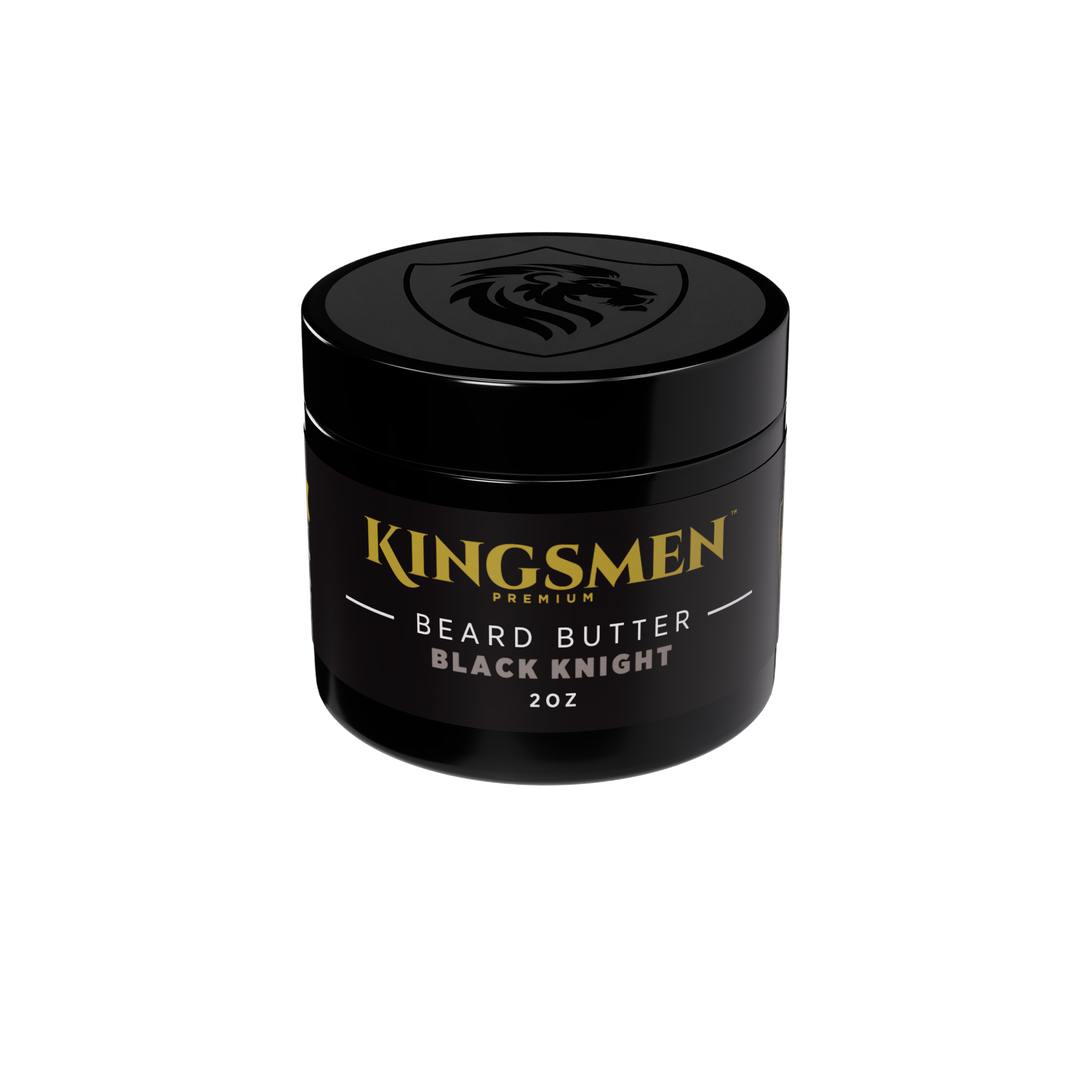
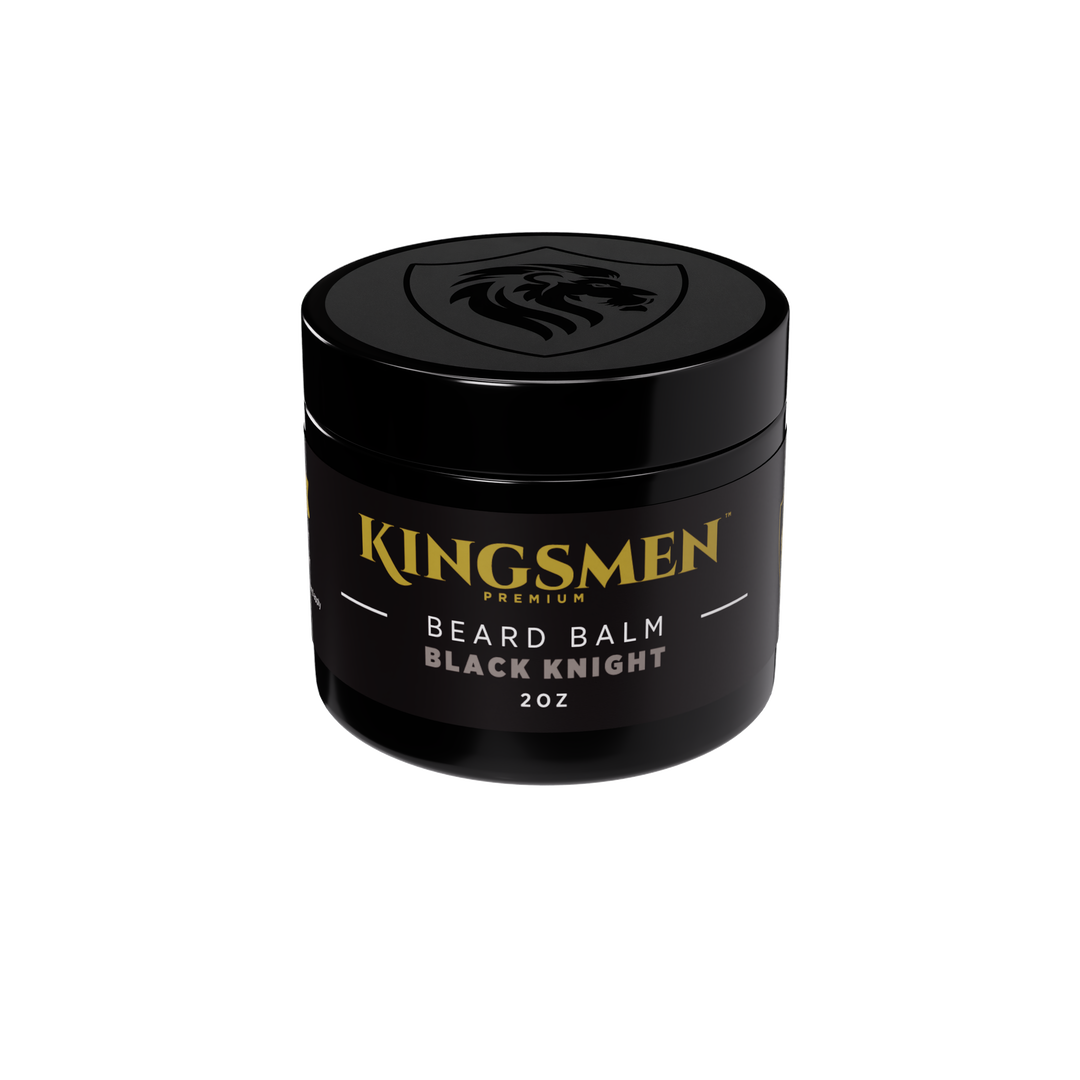
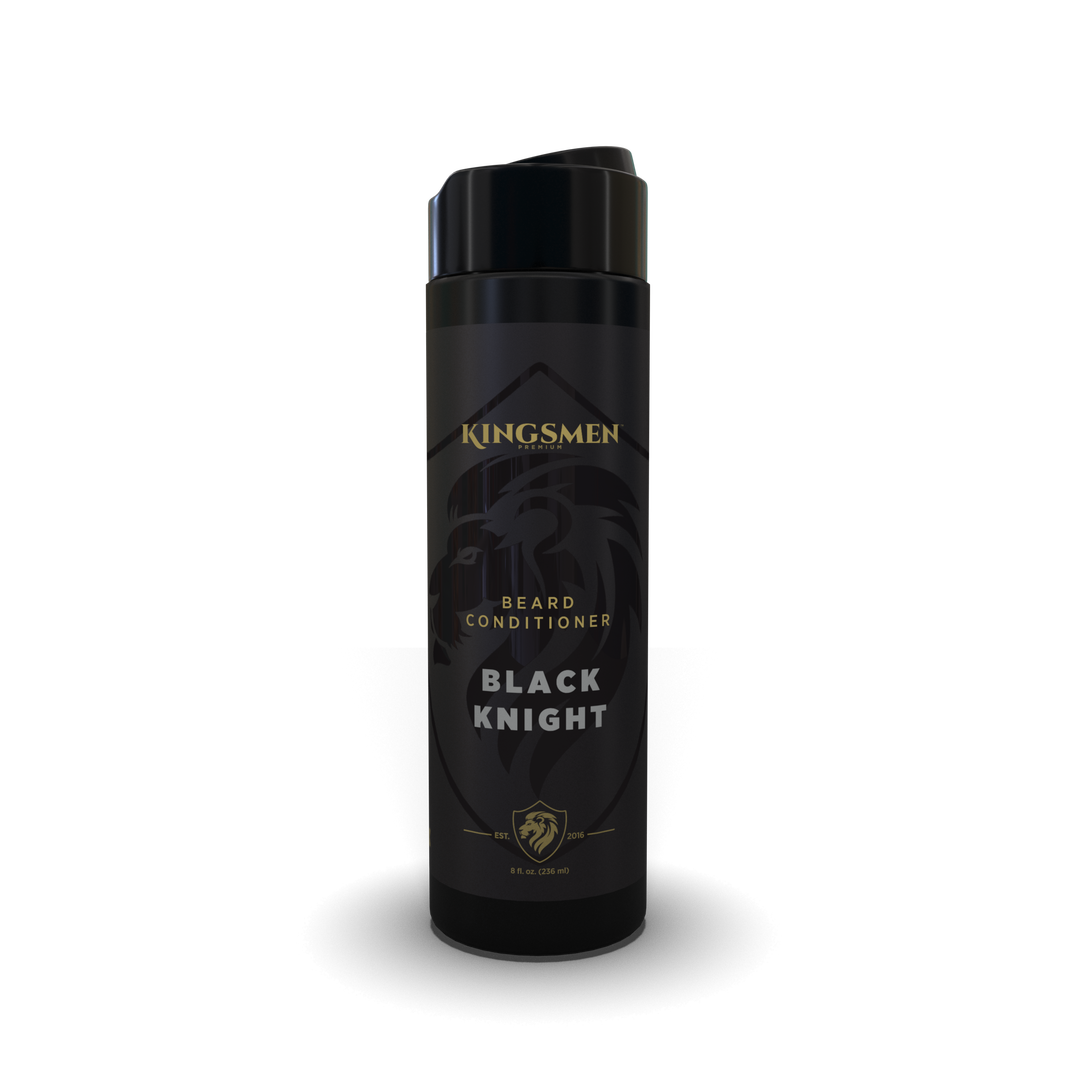
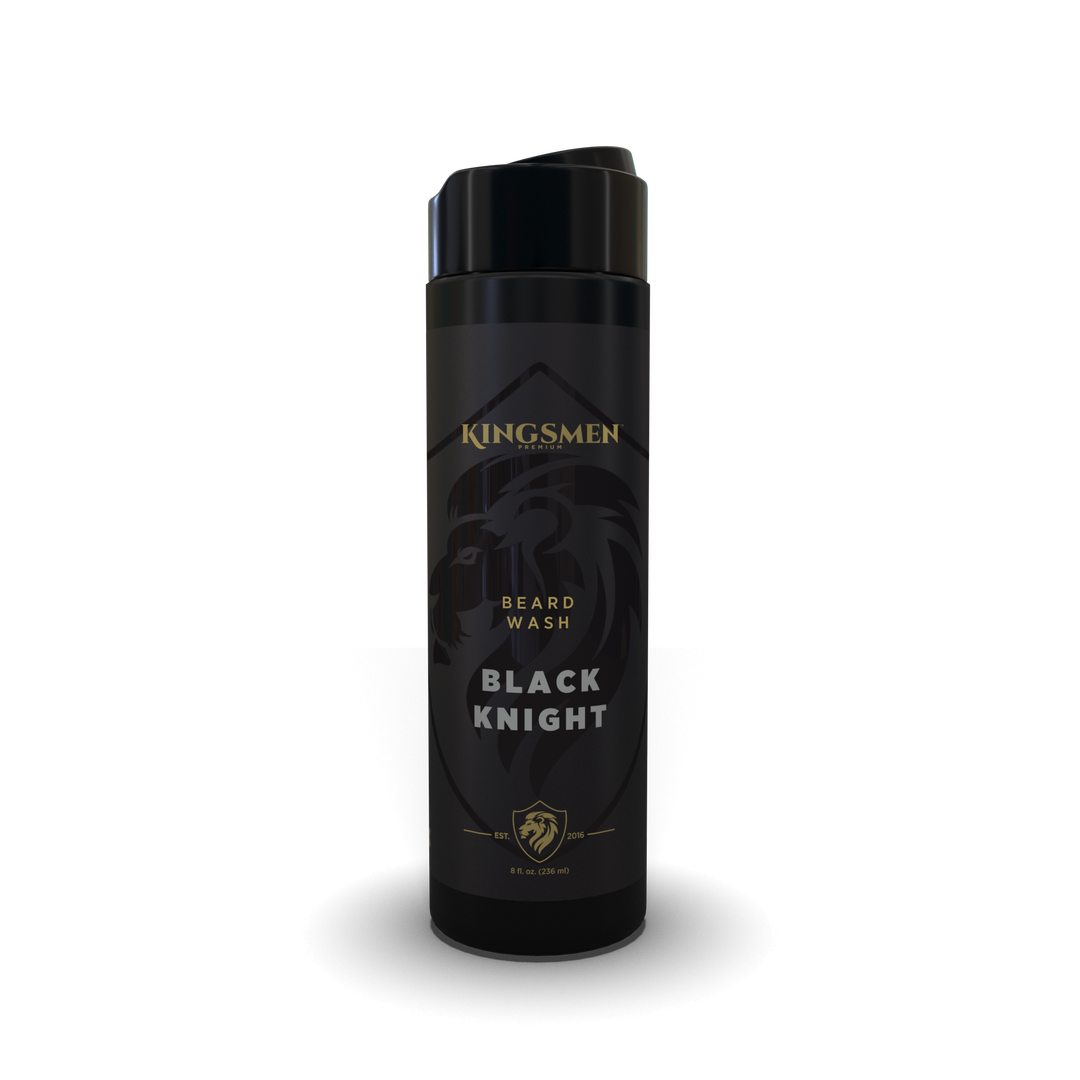
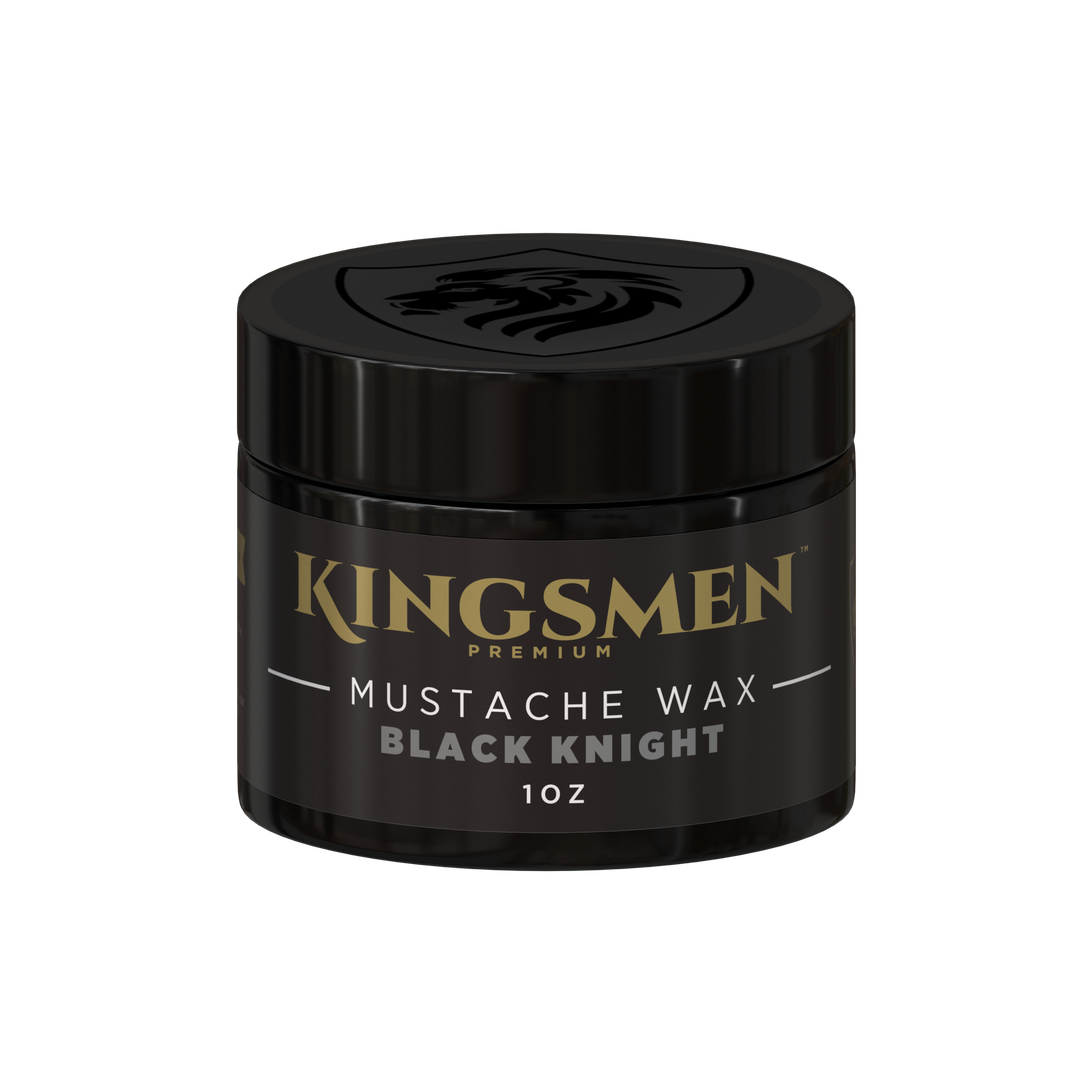
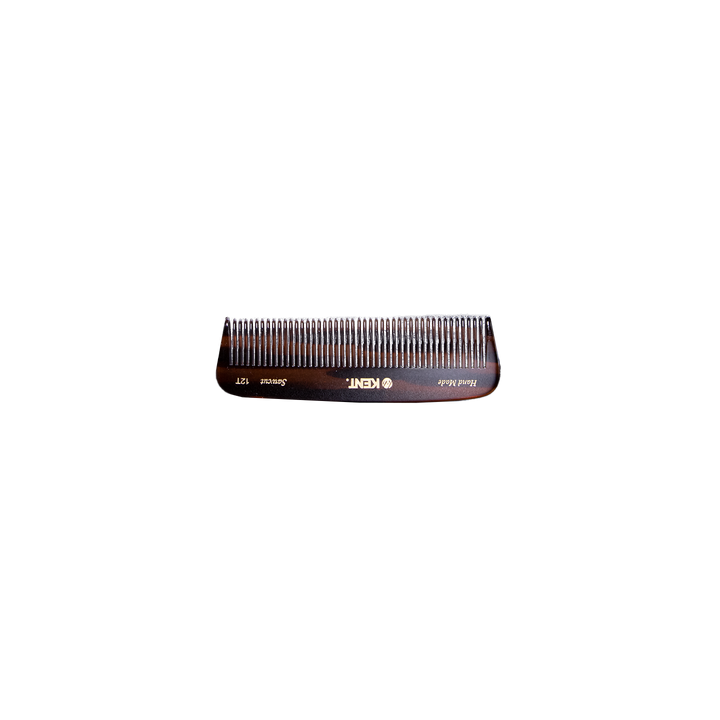
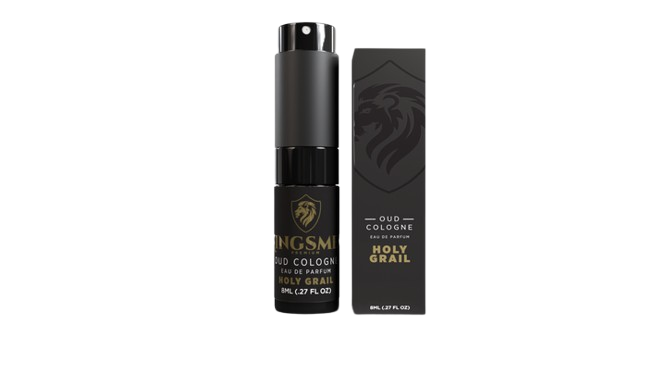
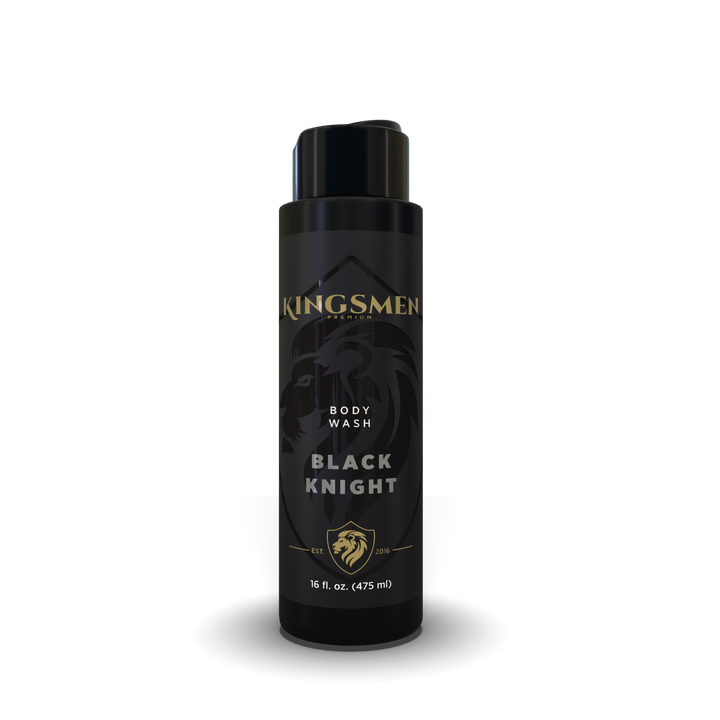
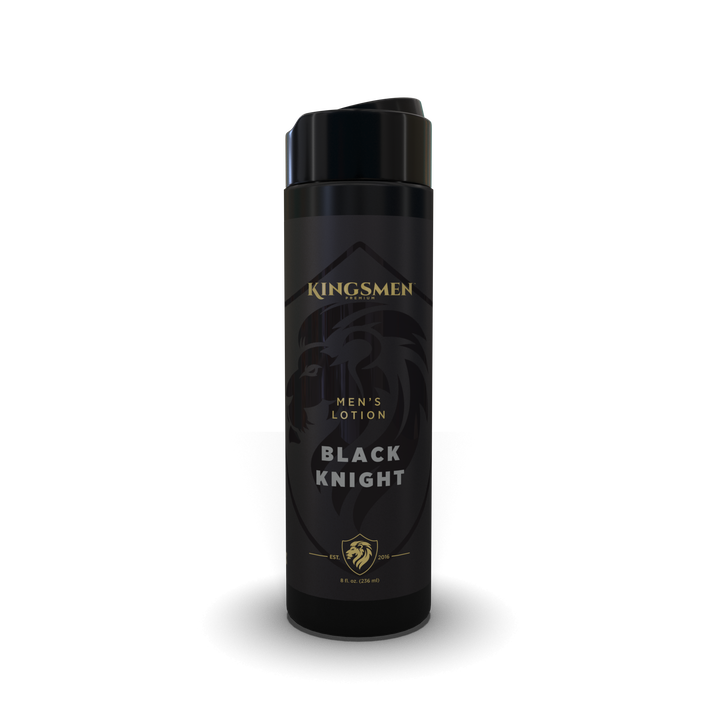
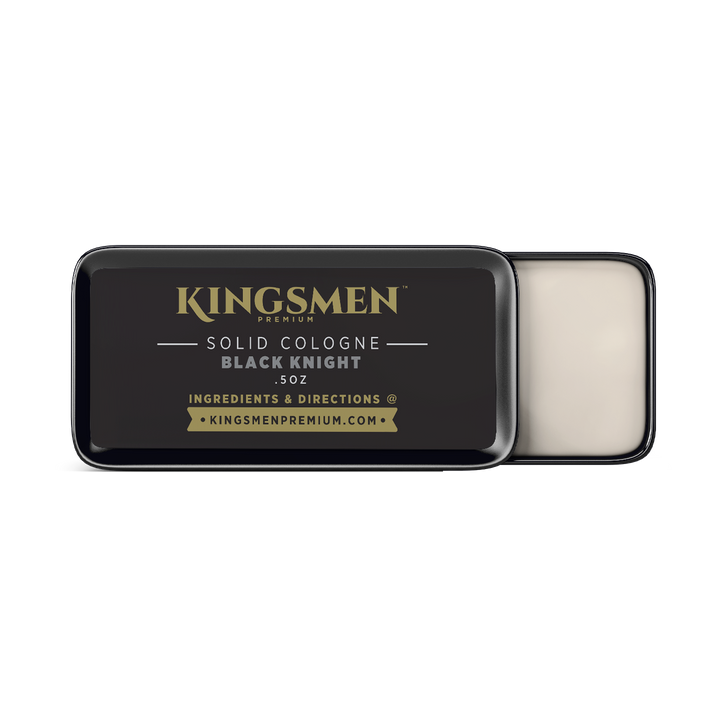






 VERIFIED BUYER
VERIFIED BUYER
 Monthly Scent Program
Monthly Scent Program
 Beard Care Kits
Beard Care Kits
 Beard Oil
Beard Oil
 Beard Butter
Beard Butter
 Beard Balm
Beard Balm
 Beard Conditioner
Beard Conditioner
 Beard Wash
Beard Wash
 Mustache Wax
Mustache Wax
 Kent Combs and Brushes
Kent Combs and Brushes
 Holy Grail Oud Spray Cologne
Holy Grail Oud Spray Cologne
 Body Wash for Men
Body Wash for Men
 Men's Lotion
Men's Lotion
 Solid Cologne
Solid Cologne
 Gift Ideas
Gift Ideas
 T-Shirts
T-Shirts
 Hats
Hats
 Hoodies
Hoodies
 Long Sleeves
Long Sleeves
 Accessories
Accessories





